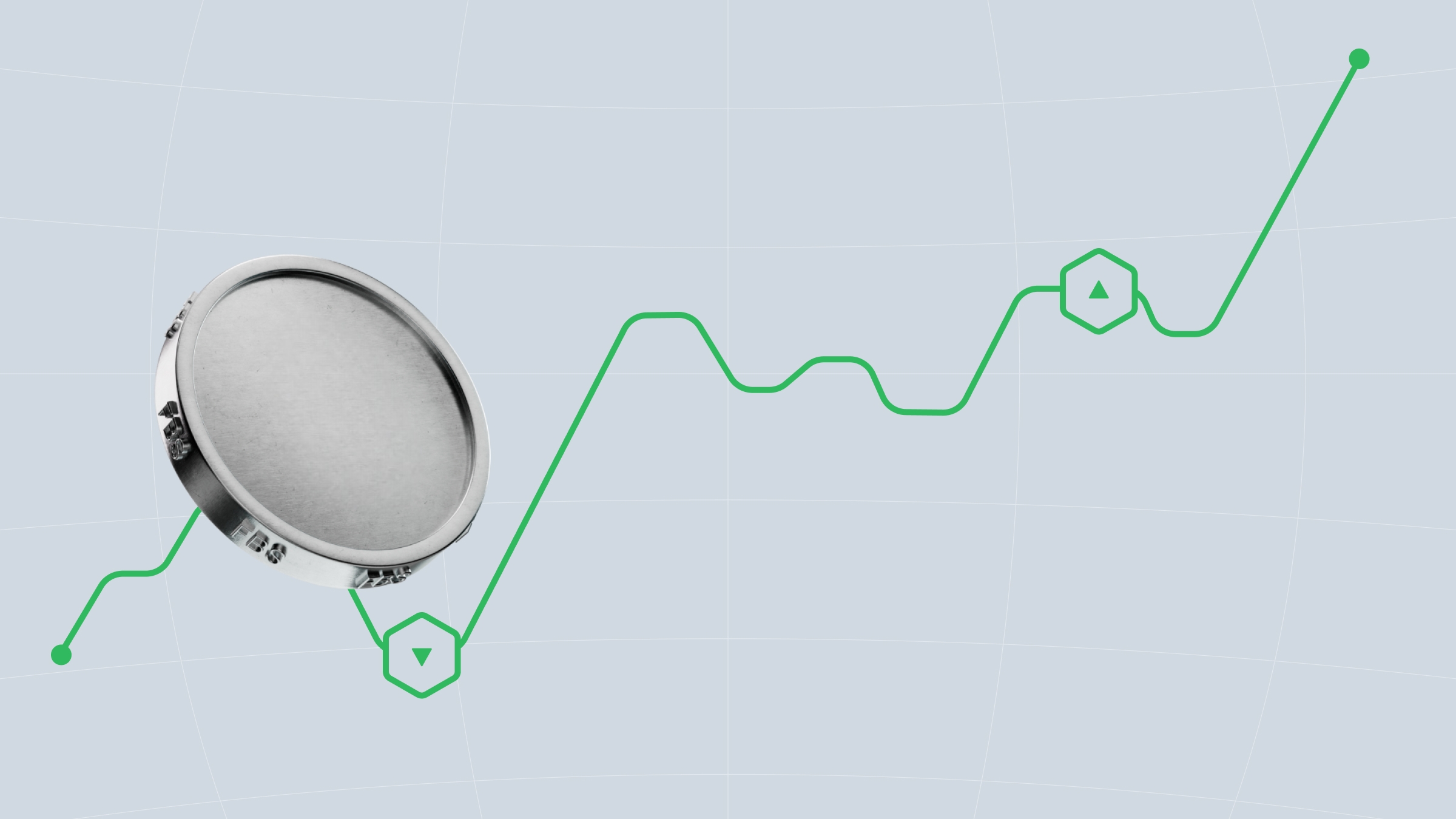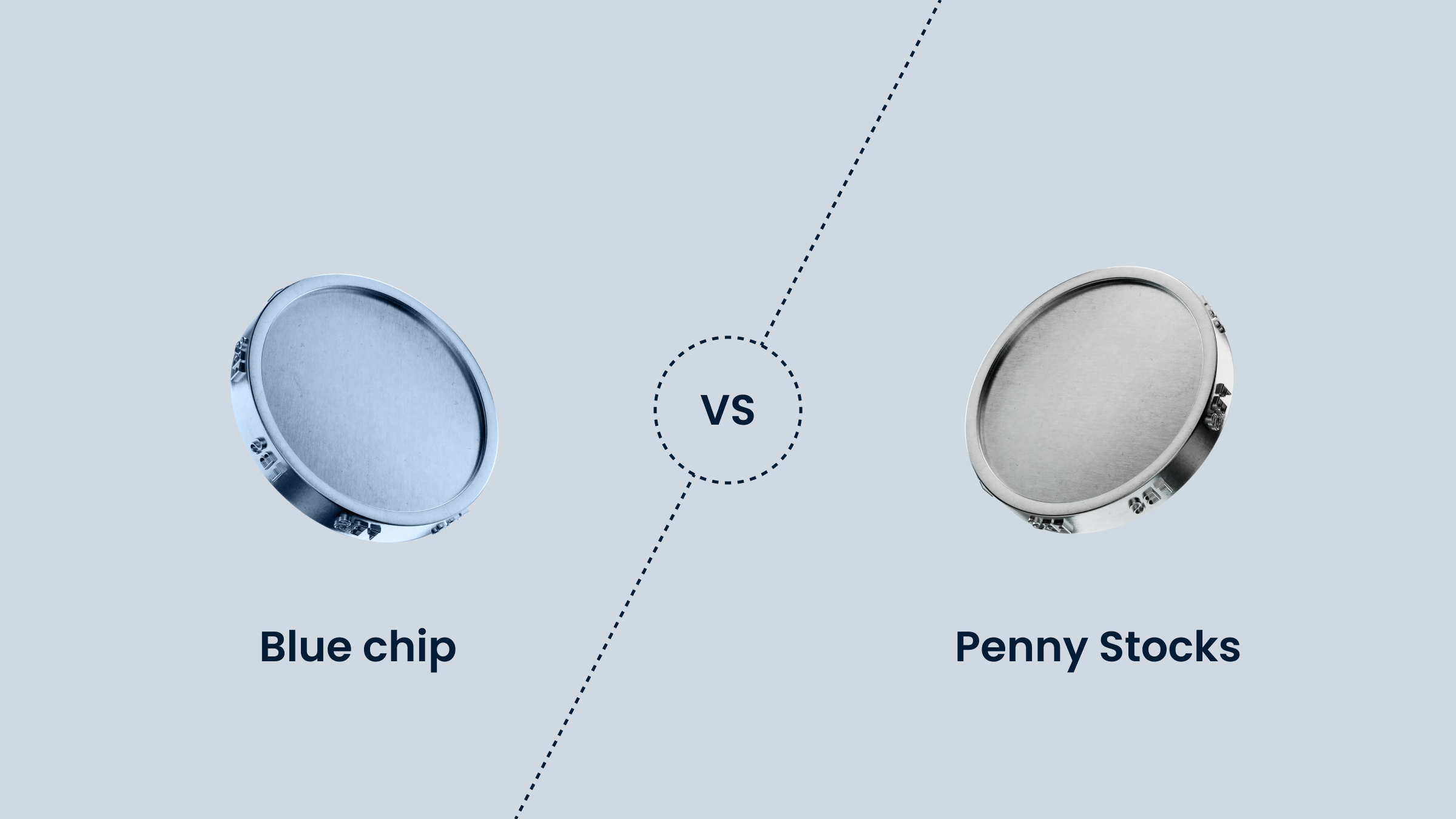
Introduction
Penny stocks get a lot of attention from the public because of their high potential for great growth in a short period of time.
In simple terms, a penny stock is a security that costs less than five dollars. Historically, these were stocks that were traded for less than one dollar, hence the name, but the definition got broader over time and can also vary between countries.
Since they cost so little, investors get excited about the chance to multiply their investment rapidly. However, penny stocks are considered highly speculative investments and the possibility of loss is also great.
In this article, you’ll understand more about this type of asset and if it can be a good addition to your investment portfolio.
What are penny stocks?
According to the traditional definition, penny stocks are shares with very low prices, going back to the time when they could cost fractions of a dollar. Nowadays, any shares that are trading under the price of $5 are considered penny stocks and this definition comes from the U.S. Securities and Exchange Commission (SEC).
These shares aren’t usually traded in the major exchanges like NASDAQ or the New York Stock Exchange (NYSE). Instead, they are negotiated on over-the-counter (OTC) markets in institutions like OTC Bulletin Board (closed in 2021) and OTC Markets Group, also famously known as “pink sheets.”
